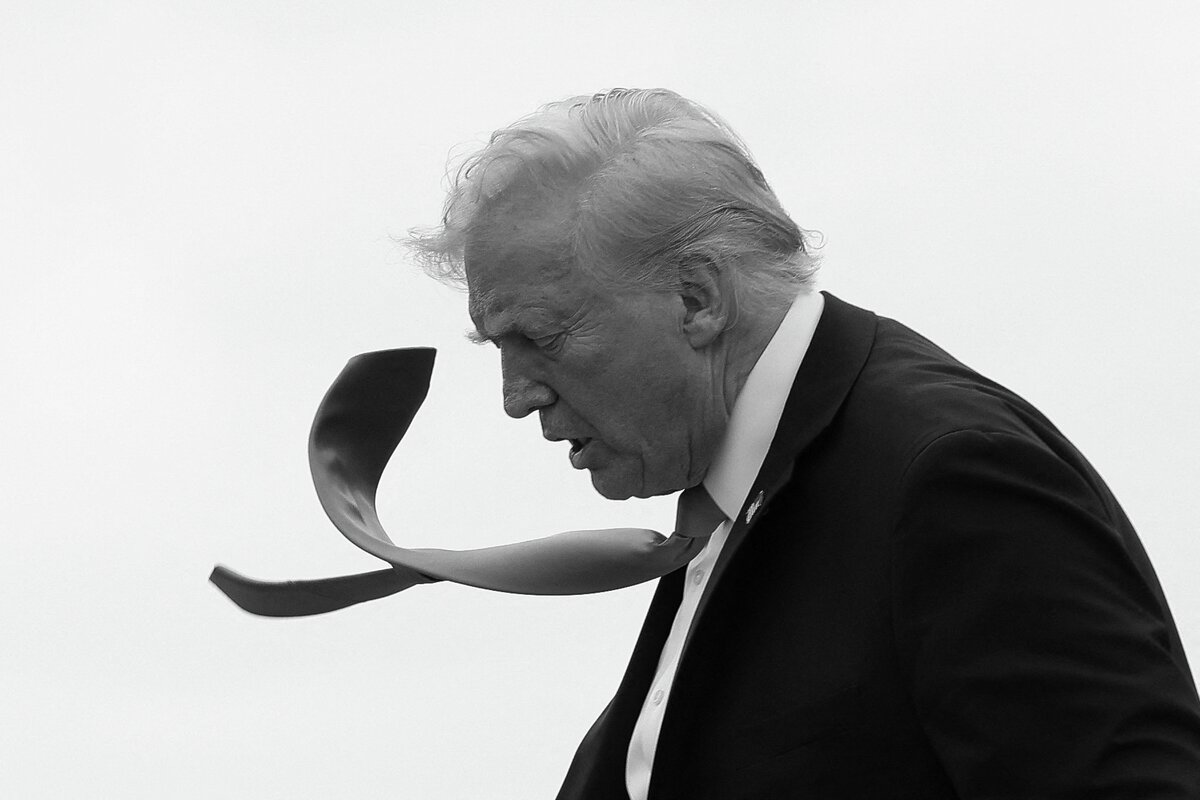China, Japan, South Korea Pave Way for Summit Talks; Liu Teng-Chung: Responding to Trump
(Hong Kong) on 27 March 2025
by Fang Jingwei (link to original)
Liu, who holds a doctorate in law from the National Chengchi University’s Graduate Institute of Development Studies, is the president of the Chinese Youth Excellence Association. His research specialties include mainland China studies, cross-strait relations, political parties and elections and international governance.
The previous Three Foreign Ministers’ Meeting having taken place in November 2023, this 11th meeting focused on the resumption of trilateral free trade agreement negotiations, the Korean Peninsula denuclearization initiative and regional stability. Japanese Foreign Minister Takeshi Iwaya noted that the current international climate was tense and on the verge of a historical turning point, and he expressed his hope that divisions and conflicts could be overcome through dialogue and cooperation. The three ministers also agreed to speed up preparations for a trilateral leaders’ summit later this year.
Liu pointed out that this foreign ministers’ meeting had come less than a year after the previous China-Japan-South Korea trilateral summit last May, and the fact that the countries’ senior diplomats were gathering again to prepare for the next trilateral summit demonstrated their concern over instability in the outside world. China, Japan and South Korea are close geographically and important economic partners, all three playing a vital role in regional economic organizations such as ASEAN, APEC and RCEP. At a time when global trade frictions and international political risks are growing, the trilateral meeting must ensure that outside destabilizing issues do not undermine the countries’ own interests.
Liu reported that China, Japan and South Korea did not just explore the specifics of the FTA negotiations at the meeting, but also focused on arrangements for future meetings at the leadership level — undeniably a strategy for regional cooperation. Given the many concerns of geopolitics, economics and diplomacy, the question of how to maximize the benefits for these three closely connected countries is a crucial issue, and the fact that the three East Asian heavyweights need to meet again in less than a year is due in large part to the United States.
Discussing the American issue, Liu said we cannot ignore U.S. influence in global trade and international politics. With the Trump administration’s return to office, the U.S. has continued to use tariffs and economic stimulus plans to solve its domestic economic woes. In the early days of his presidency, Trump was eager to devise a raft of favorable policies to show that he could govern: raising tariffs, attracting foreign investment, promoting the reshoring of American manufacturing and underscoring his global dominance in the process.
By controlling regional geopolitics, Liu said, the U.S. seeks to ensure that others fall in line behind it, thereby maintaining its influence on the outside world at the economic, diplomatic, and even security levels. As a superpower, the U.S. naturally wants to leave its mark on every corner of the world, especially in regions of strategic significance; an outside world that the U.S. no longer controls may pose a challenge to the U.S. in both economic and security terms.
On China, Japan and South Korea, Liu believes that, in addition to helping promote FTA negotiations, this meeting would also be an important opportunity to build goodwill and trust. From the trilateral FTA negotiations to the leaders’ talks that may take place, it was clear that the three nations placed great importance on stability in East Asia and were concerned about the recent regional uncertainties.
Liu observed that both Japan and South Korea had long relied on the U.S. in security and political matters, but that, following Trump’s return to power and under the continual pressure exerted by his tariff policies, they had gradually been caught up in the ensuing instability. As a result, they are actively looking to strengthen cooperation with China and expand their economic and trade exchanges. This shift has no doubt introduced new variables to East Asia’s political and economic landscape — and it has made the need for cooperation between China, Japan and South Korea all the more pressing and even more of a reality.


